Related Research Articles

Edward Estlin Cummings, who was also known as E. E. Cummings, e. e. Cummings and e e Cummings, was an American poet, painter, essayist, author, and playwright. He wrote approximately 2,900 poems, two autobiographical novels, four plays, and several essays. He is often regarded as one of the most important American poets of the 20th century. Cummings is associated with modernist free-form poetry. Much of his work has idiosyncratic syntax and uses lower-case spellings for poetic expression.

Robert Penn Warren was an American poet, novelist, and literary critic and was one of the founders of New Criticism. He was also a charter member of the Fellowship of Southern Writers. He founded the literary journal The Southern Review with Cleanth Brooks in 1935. He received the 1947 Pulitzer Prize for the Novel for All the King's Men (1946) and the Pulitzer Prize for Poetry in 1958 and 1979. He is the only person to have won Pulitzer Prizes for both fiction and poetry.

Edgar Lee Masters was an American attorney, poet, biographer, and dramatist. He is the author of Spoon River Anthology, The New Star Chamber and Other Essays, Songs and Satires, The Great Valley, The Serpent in the Wilderness, An Obscure Tale, The Spleen, Mark Twain: A Portrait, Lincoln: The Man, and Illinois Poems. In all, Masters published twelve plays, twenty-one books of poetry, six novels and six biographies, including those of Abraham Lincoln, Mark Twain, Vachel Lindsay, and Walt Whitman.
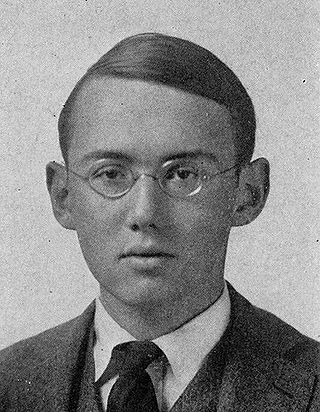
Stephen Vincent Benét was an American poet, short story writer, and novelist. He wrote a book-length narrative poem of the American Civil War, John Brown's Body (1928), for which he received the Pulitzer Prize for Poetry, and for the short stories "The Devil and Daniel Webster" (1936) and "By the Waters of Babylon" (1937). In 2009, Library of America selected his story "The King of the Cats" (1929) for inclusion in its two-century retrospective of American Fantastic Tales, edited by Peter Straub.

Cleanth Brooks was an American literary critic and professor. He is best known for his contributions to New Criticism in the mid-20th century and for revolutionizing the teaching of poetry in American higher education. His best-known works, The Well Wrought Urn: Studies in the Structure of Poetry (1947) and Modern Poetry and the Tradition (1939), argue for the centrality of ambiguity and paradox as a way of understanding poetry. With his writing, Brooks helped to formulate formalist criticism, emphasizing "the interior life of a poem" and codifying the principles of close reading.

Muriel Rukeyser was an American poet, essayist, biographer, and political activist. She wrote poems about equality, feminism, social justice, and Judaism. Kenneth Rexroth said that she was the greatest poet of her "exact generation".

Margaret Walker was an American poet and writer. She was part of the African-American literary movement in Chicago, known as the Chicago Black Renaissance. Her notable works include For My People (1942) which won the Yale Series of Younger Poets Competition, and the novel Jubilee (1966), set in the South during the American Civil War.
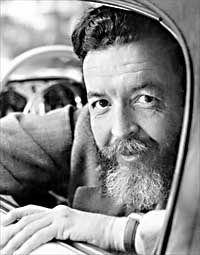
Randall Jarrelljə-REL was an American poet, literary critic, children's author, essayist, and novelist. He was the 11th Consultant in Poetry to the Library of Congress—a position that now bears the title Poet Laureate of the United States.
Douglas Valentine LePan was a Canadian diplomat, poet, novelist and professor of literature.
David Lehman is an American poet, non-fiction writer, and literary critic, and the founder and series editor for The Best American Poetry. He was a writer and freelance journalist for fifteen years, writing for such publications as Newsweek, The Wall Street Journal, and The New York Times. In 2006, Lehman served as Editor for the new Oxford Book of American Poetry. He taught and was the Poetry Coordinator at The New School in New York City until May 2018.

Edward M. Hirsch is an American poet and critic who wrote a national bestseller about reading poetry. He has published nine books of poems, including The Living Fire: New and Selected Poems (2010), which brings together thirty-five years of work, and Gabriel: A Poem (2014), a book-length elegy for his son that The New Yorker called "a masterpiece of sorrow." He has also published five prose books about poetry. He is president of the John Simon Guggenheim Memorial Foundation in New York City.
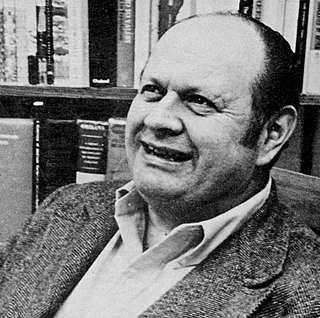
Richard Hugo, born Richard Franklin Hogan, was an American poet. Although some critics regard Hugo as primarily a regionalist, his work resonates broadly across place and time. A portion of Hugo's work reflects the economic depression of the Northwestern United States, particularly Montana. Born in the White Center area of Seattle, Washington, he was raised by his mother's parents after his father left the family. In 1942 he legally changed his name to Richard Hugo, taking his stepfather's surname. He served in World War II as a bombardier in the Mediterranean. He left the service in 1945 after flying 35 combat missions and reaching the rank of first lieutenant. Hugo's experiences in the military are referenced in one of his books of poetry, Good Luck in Cracked Italian. == Hugo received his B.A. in 1948, and his M.A. in Creative Writing four years later, from the University of Washington where he studied under Theodore Roethke. He married Barbara Williams in 1952, the same year he started working as a technical writer for Boeing.

Jack Gilbert was an American poet. Gilbert was acquainted with Jack Spicer and Allen Ginsberg, both prominent figureheads of the Beat Movement, but is not considered a Beat Poet; he described himself as a "serious romantic." Over his five-decade-long career, he published five full collections of poetry.
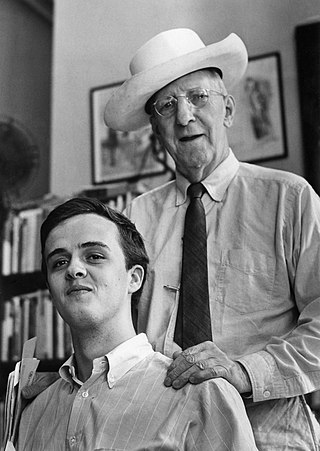
James Vincent Tate was an American poet. His work earned him the Pulitzer Prize and the National Book Award. He was a professor of English at the University of Massachusetts Amherst and a member of the American Academy of Arts and Letters.
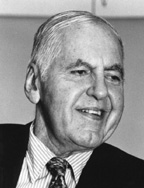
William Morris Meredith Jr. was an American poet and educator. He was Poet Laureate Consultant in Poetry to the Library of Congress from 1978 to 1980, and the recipient of the 1988 Pulitzer Prize for Poetry.
Michael Ryan has been teaching creative writing and literature at University of California, Irvine since 1990.

Maurice Manning is an American poet. His first collection of poems, Lawrence Booth's Book of Visions, was awarded the Yale Younger Poets Award, chosen by W.S. Merwin. Since then he has published four collections of poetry. He teaches English and Creative Writing at Transylvania University in Lexington, Kentucky, where he oversees the Judy Gaines Young Book Award, and is a member of the poetry faculty of the Warren Wilson College MFA Program for Writers.
Jeffrey W. Harrison is an American poet. Born in Cincinnati, he was educated at Columbia University, where he studied with Kenneth Koch and David Shapiro. His most recent poetry collection is Into Daylight, which follows The Names of Things: New & Selected Poems. His poems have appeared in literary journals and magazines, including The New Republic, The New Yorker, The Paris Review, Poetry, The Yale Review, Poets of the New Century. His honors include Pushcart Prizes, Guggenheim, National Endowment for the Arts, and Amy Lowell Traveling fellowships. He has taught at George Washington University, Phillips Academy, and College of the Holy Cross. He is currently on the faculty of the Stonecoast MFA Program at the University of Southern Maine. He lives in Dover, Massachusetts.
Mildred Dodge Jeremy Ingalls was an American poet and scholar of Chinese literature.
Nelly-Pierrette Guesde, best known by her pen name Makhali-Phâl, was a French Cambodian poet and novelist.
References
- ↑ "The George Washington University Bulletin < the George Washington University".
- ↑ "Welcome | Yale University Press".
- ↑ "Poets Carter Revard and Edward Weismiller to Read on Oct. 20". Library of Congress .
- ↑ Levens, R.G.C., ed. (1964). Merton College Register 1900–1964. Oxford: Basil Blackwell. p. 299.
- ↑ Ransom, John Crowe (1961). "The Kenyon Review".
- ↑ "The Atlantic Monthly". 1942.
- ↑ "Makhali-Phāl Research Network | Makhali-Phal: Khmer Oracle of East and West". Archived from the original on 2011-01-16. Retrieved 2010-09-15.
- ↑ "Edward Weismiller" . Retrieved 2023-11-03.
- ↑ "Edward Ronald Weismiller - John Simon Guggenheim Memorial Foundation". Archived from the original on 2011-06-04. Retrieved 2009-12-17.